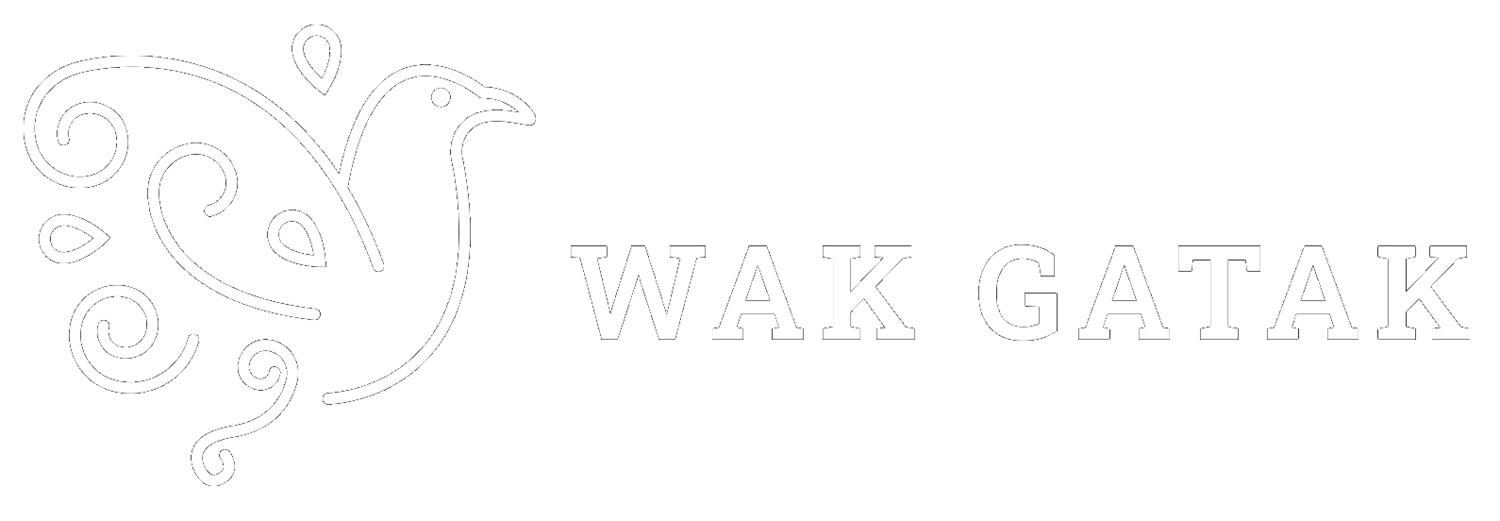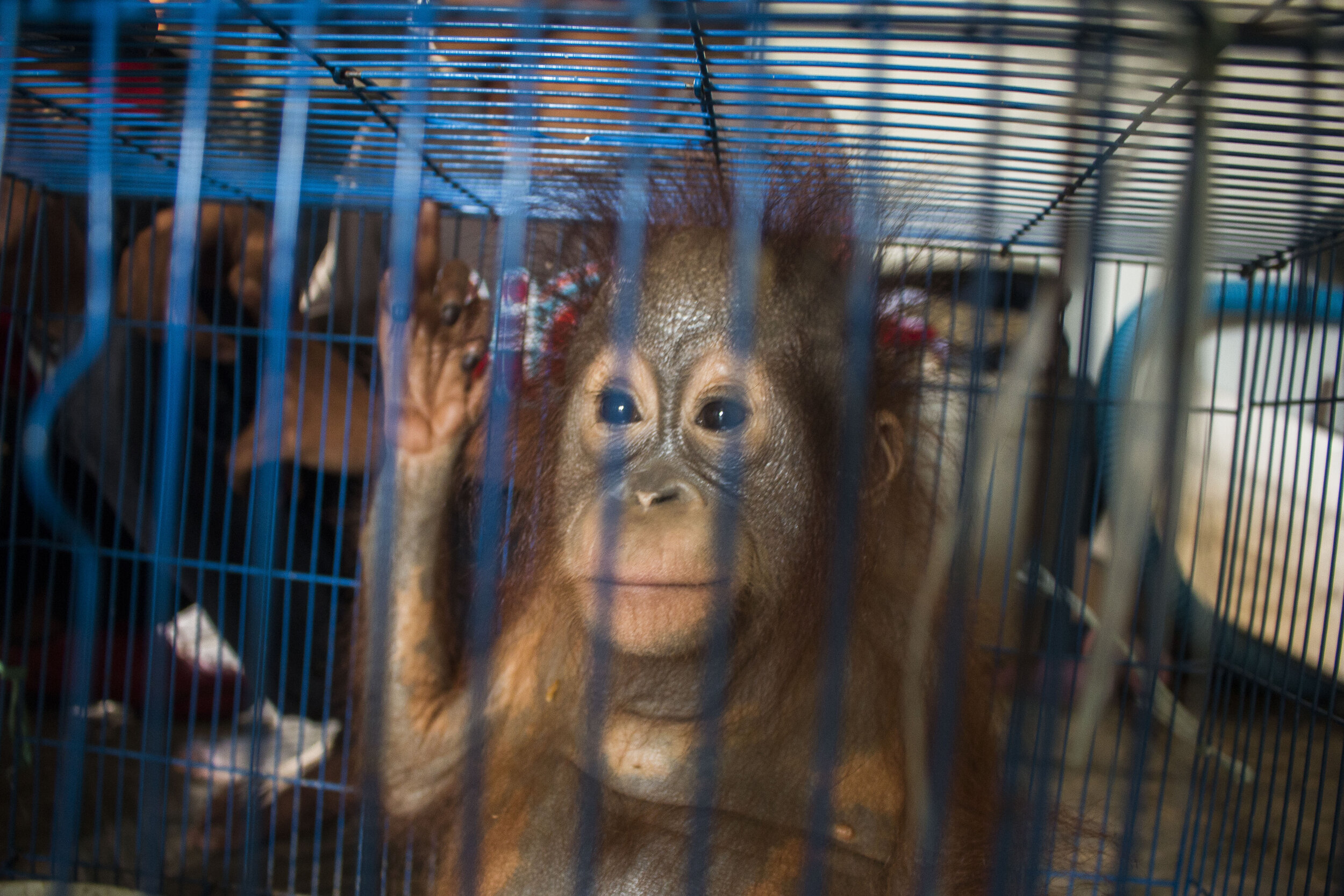
Our Programs
Wak Gatak develops and tests impact-driven solutions to combat the loss of biodiversity caused by wildlife trafficking
Wak Gatak Songbird Rescue Center:
The Problem
Indonesian songbirds face a particularly grave threat rooted in cultural demand for wild caught passerines, often used as a mark of manhood and in widespread songbird competitions.
The size and the gravity of the trade are colossal. Every poacher approximately catches 20 to 25 birds per day, the vast majority often dying due to diseases and stress before they even reach the market. The insufficient hygienic measures and inadequate facilities means these markets carry the potential to spread highly infectious zoonotic diseases. Thus posing a risk to humans, domestic animals and wild wildlife that come into contact with the captured infected individuals or its environments.
See the Center!
Our solution.
As we dismantle the different levels of trade chains through partner organisations, the existing thousands of individual songbird victims of the IWT need to be cared for.
As the first Songbird Rescue and Rehab Centre, Wak Gatak will provide the mechanisms to safeguard rescued songbird’s well-being and where possible rehabilitate them for release back into their natural habitats.
This is an opportunity to protect these iconic and environmentally important birds, give them back their freedom and a chance to restore their diminishing populations and ecosystems.
Law Enforcement and Judiciary Support
Problem
With limited resources law enforcement officials are faced with the daunting task of monitoring thousands of ports, websites, markets, airports, and other trafficking centers for illegal wildlife trade. Even more so, officials are faced with the task of identifying thousands of protected species ranging from flowers and corals to small songbirds and primates.
Our solution
We work closely with government officials to improve the effectiveness of law enforcement agencies to combat wildlife crime in Indonesia. We also work closely with the judiciary system to aid judges and state prosecutors in utilizing the correct policies and regulations to apply appropriate prosecution rates and combat corruption.
Demand Reduction through Behavior Change:
Problem
The demand for wildlife products spans across multiple nations and varies greatly from species to species. Many species are desired for social stature or for the uses of traditional medicine such as rhino horn or pangolin scales. In Indonesia, songbirds are highly threatened by trade and are a sign of stature and wealth. It is estimated that some 75 million households own songbirds indicating a need for widespread efforts to reduce demand for songbirds and other wildlife products across Southeast Asia.
Our Solution
We use innovative advances in behavior psychology and marketing to develop, design, and implement demand reduction campaigns and strategies. Our methods move beyond traditional “awareness raising” and target the drivers, not symptoms, of the illegal wildlife trade in Indonesia. Current efforts are focused upon reducing the demand for wild caught and threatened songbirds in Indonesia.
Trade Research and Analysis
Problem:
Supply chains for illegally sourced wildlife are complex, spanning across multiple nations and involving a diverse set of players. Understanding where wildlife is sourced, transit routes, and demand centers is crucially important. In addition, social and economic research surrounding the implications of IWT and its impacts on players is a major gap and creates barriers in the design and implementation of effective strategies to combat IWT.




